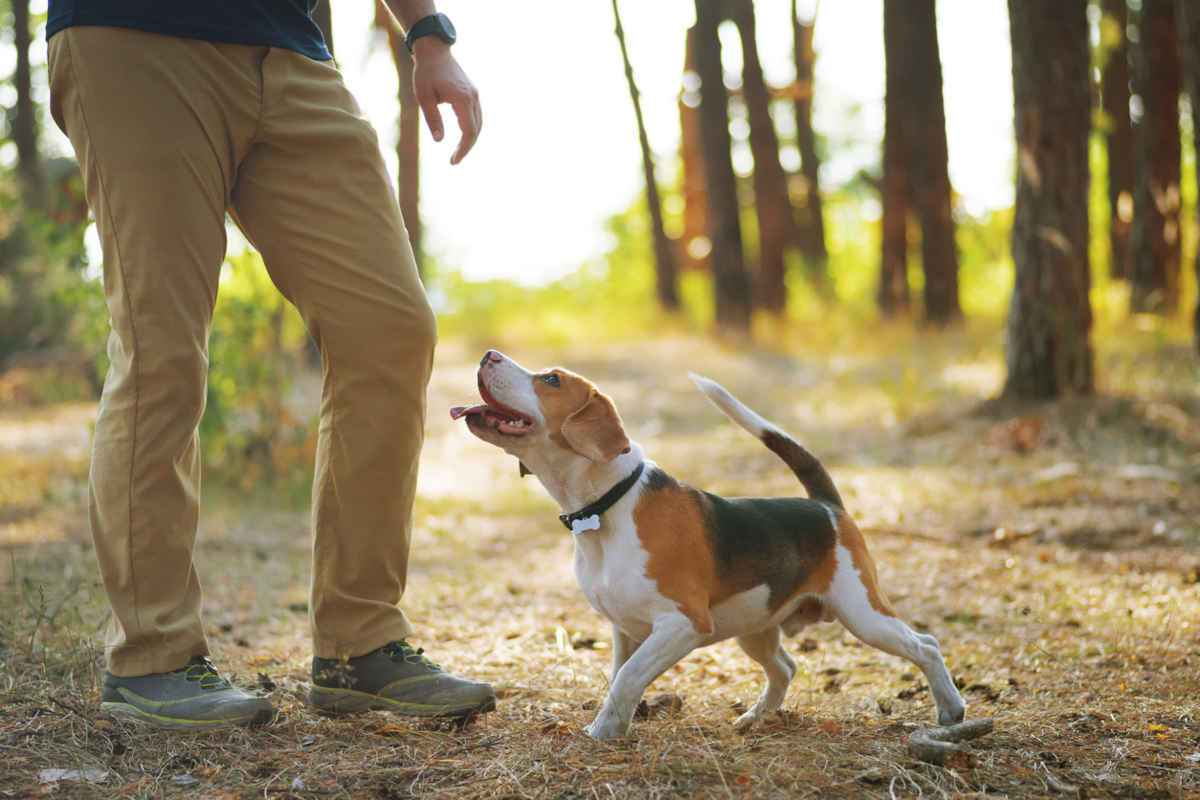Whether or not you believe your pet is the next Einstein, dog behaviour and training specialist Sarah Whitehead says that all dogs can be canine geniuses – even if they are sometimes in disguise!
Is bad behaviour a sign of intelligence?
No matter the breed or type, dogs come into this world like little sponges, ready to soak up all the experiences and learning opportunities they can. However, their ability to develop 'intelligence' is dependent on lots of factors – their genes, environment, motivation and even diet.
In reality, it's up to us to capitalise on our dogs' inherent cognitive skills and to make sure that their intelligence is used for good, not mischief. In fact, nearly always when someone tells me their dog is naughty, I want to say, "No, not naughty, just bright!"
After all, if your dog learns how to upturn the kitchen bin while you are out, or suddenly has selective deafness in the park when it's time to go, they are showing the ability to turn the situation to their advantage, a flexibility in behaviour and great problem-solving skills.

Using rewards can be a great way to foster your dog's creativity and intelligence.
Reward-based training
Of course, watching a dog that has learned multiple commands is always impressive, and we equate the speed and accuracy of a dog's response to cues with being intelligent. One of my own dogs knows over 100 individual words and will fetch specific toys by name – but few people realise that this kind of capacity is actually created by training.
In essence, teaching a dog how to learn can make all the difference to how smart they are. Reward-based training is the way forward if you want to foster your dog's creativity and intelligence, as well as their responsiveness. Using fun and positive methods also means you can avoid stress, which can suppress behaviour and shut down a dog's innate desire to explore and try new behaviours.
Combine your training with some imaginative problem-solving, and you can enjoy the equivalent of canine Sudoku together. In fact, challenging your dog's problem-solving abilities is not only a great way to enhance your relationship, but can also keep idle paws out of mischief!
- Hide a treat under an upturned mug and then allow your dog to explore how to get it out. Increase the difficulty of the task by using three mugs and only putting a treat under one of them. Less confident dogs may need your help to begin with; you can assist, but don't just do it for them.
- Pop some of your dog's dry food or treats into a safe plastic bottle (one that doesn't split), so they have to flip it up and chase it around to get the food out. Time how long it takes your dog to work it out on the first go, and then again after ten repetitions – even if they're not a creative genius on the first trial, they are likely to improve their performance with practice.
- Set up a 'mini maze' indoors or out. Use furniture, cardboard boxes or low fence panels as barriers, and put treats or toys as the 'treasure' at the end. How fast does your dog make it through the maze? Do they look for an easier route over the top or round the side? Or do they ask for help, going all doe-eyed on you? Choosing these options doesn't mean they are less savvy – in fact, dogs who can train humans to do their bidding might just be the brightest of them all!







